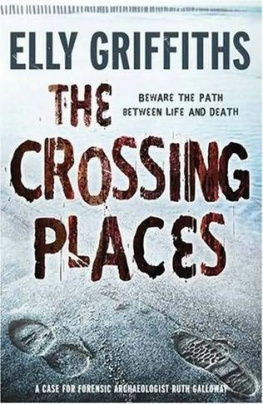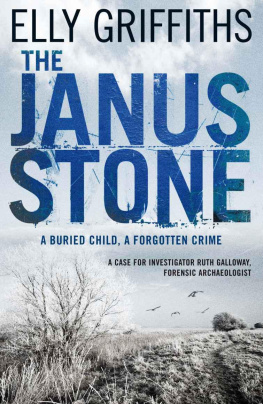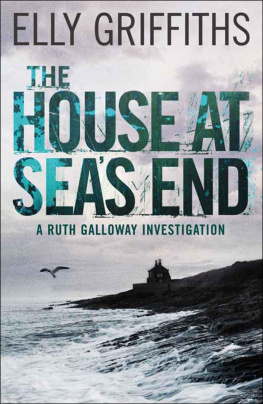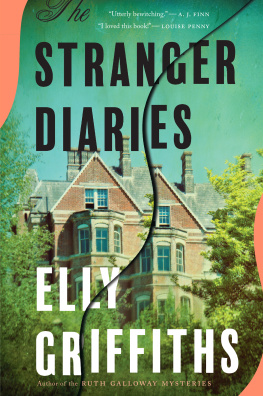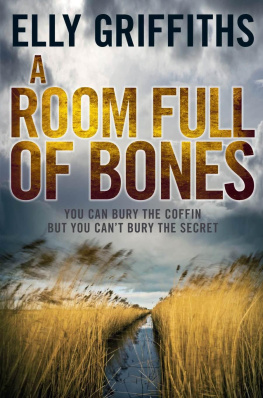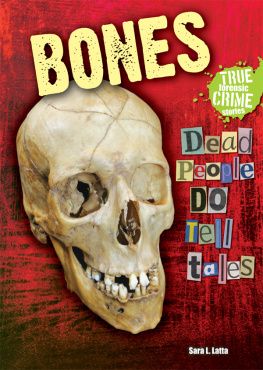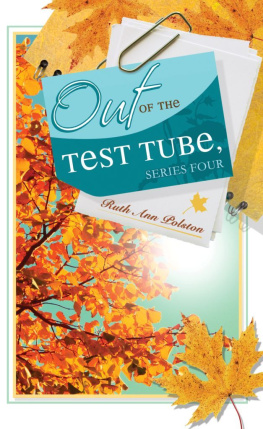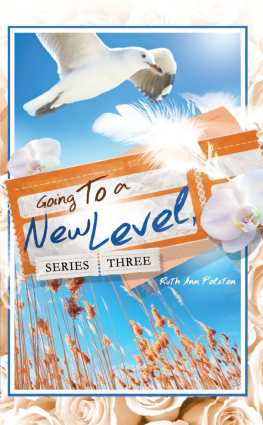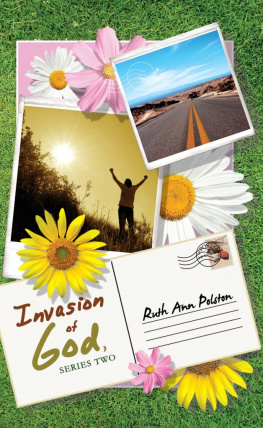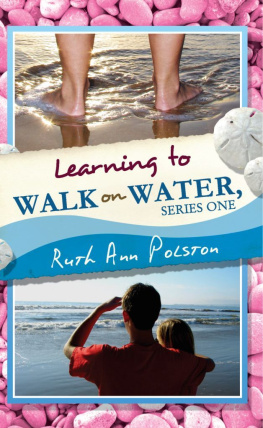THE CROSSING PLACES
by
Elly Griffiths
When she's not digging up bones or other ancient objects, quirky, tart-tongued archaeologist Ruth Galloway lives happily alone in a remote area called Saltmarsh near Norfolk, land that was sacred to its Iron Age inhabitants - not quite earth, not quite sea.
When a child's bones are found on a desolate beach nearby, Detective Chief Inspector Harry Nelson calls Galloway for help. Nelson thinks he has found the remains of Lucy Downey, a little girl who went missing ten years ago. Since her disappearance he has been receiving bizarre letters about her, letters with references to ritual and sacrifice.
The bones actually turn out to be two thousand years old, but Ruth is soon drawn into the Lucy Downey case and into the mind of the letter writer, who seems to have both archaeological knowledge and eerie psychic powers. Then another child goes missing and the hunt is on to find her. As the letter writer moves closer and the windswept Norfolk landscape exerts its power, Ruth finds herself in completely new territory - and in serious danger.
THE CROSSING PLACES marks the beginning of a captivating new crime series featuring an irresistible heroine.
Quercus
First published in Great Britain in 2009 by Quercus
21 Bloomsbury Square
London
WC1A 2NS
Copyright 2009 by Elly Griffiths Map copyright 2009 by Raymond Turvey The line 'We who were living are now dying' from T.S. Eliot 'The Wasteland', Collected Poems (Faber and Faber 1974) is quoted by permission
The moral right of Elly Griffiths to be identified as the author of this work has been asserted in accordance with the Copyright, Designs and Patents Act, 1988.
All rights reserved. No part of this publication may be reproduced or transmitted in any form or by any means, electronic or mechanical, including photocopy, recording, or any information storage and retrieval system, without permission in writing from the publisher.
A CIP catalogue record for this book is available from the British Library
ISBN (HB) 978 1 84724 726 1
ISBN (TPB) 978 1 84724 805 3
This book is a work of fiction. Names, characters, businesses, organizations, places and events are either the product of the author's imagination or are used fictitiously. Any resemblance to actual persons, living or dead, events or locales is entirely coincidental.
For Marge
Bertrams
12.99
Printed and bound in Great Britain by Clays Ltd, St Ives pic PROLOGUE
They wait for the tide and set out at first light.
It has rained all night and in the morning the ground is seething gently, the mist rising up to join the overhanging clouds. Nelson calls for Ruth in an unmarked police car.
He sits beside the driver and Ruth is in the back, like a passenger in a minicab. They drive in silence to the car park near where the bones were first found. As they drive along the Saltmarsh road, the only sounds are the sudden, staccato crackle of the police radio and the driver's heavy, cold-clogged breathing. Nelson says nothing. There is nothing to say.
They get out of the car and walk across the rain-sodden grass towards the marsh. The wind is whispering through the reeds, and here and there they see glimpses of still, sullen water reflecting the grey sky. At the edge of the marshland Ruth stops, looking for the first sunken post, the twisting shingle path that leads through the treacherous water and out to the mudflats. When she finds it, half-submerged by brackish water, she sets out without looking back.
Silently, they cross the marshes. As they get nearer the sea, the mist disperses and the sun starts to filter through the clouds. At the henge circle, the tide is out and the sand glitters in the early morning light. Ruth kneels on the ground as she saw Erik doing all those years ago. Gently, she stirs the quivering mud with her trowel.
Suddenly everything is quiet; even the seabirds stop their mad skirling and calling up above. Or maybe they are still there and she just doesn't hear them. In the background she can hear Nelson breathing hard but Ruth herself feels strangely calm. Even when she sees it, the tiny arm still wearing the christening bracelet, even then she feels nothing.
She had known what she was going to find.
CHAPTER 1
Waking is like rising from the dead. The slow climb out of sleep, shapes appearing out of blackness, the alarm clock ringing like the last trump. Ruth flings out an arm and sends the alarm crashing to the floor, where it carries on ringing reproachfully. Groaning, she levers herself upright and pulls up the blind. Still dark. It's just not right, she tells herself, wincing as her feet touch the cold floorboards.
Neolithic man would have gone to sleep when the sun set and woken when it rose. What makes us think this is the right way round? Falling asleep on the sofa during Newsnight, then dragging herself upstairs to lie sleepless over a Rebus book, listen to the World Service on the radio, count Iron Age burial sites to make herself sleep and now this; waking in the darkness feeling like death. It just wasn't right somehow.
In the shower, the water unglues her eyes and sends her hair streaming down her back. This is baptism, if you like.
Ruth's parents are Born Again Christians and are fans of Full Immersion For Adults (capitals obligatory). Ruth can quite see the attraction, apart from the slight problem of not believing in God. Still, her parents are Praying For Her (capitals again), which should be a comfort but somehow isn't.
Ruth rubs herself vigorously with a towel and stares unseeingly into the steamy mirror. She knows what she will see and the knowledge is no more comforting than her parents' prayers. Shoulder-length brown hair, blue eyes, pale skin - and however she stands on the scales, which are at present banished to the broom cupboard she weighs twelve and a half stone. She sighs (I am not defined by my weight, fat is a state of mind) and squeezes toothpaste onto her brush. She has a very beautiful smile, but she isn't smiling now and so this too is low on the list of comforts.
Clean, damp-footed, she pads back into the bedroom.
She has lectures today so will have to dress slightly more formally than usual. Black trousers, black shapeless top.
She hardly looks as she selects the clothes. She likes colour and fabric; in fact she has quite a weakness for sequins, bugle beads and diamante. You wouldn't know this from her wardrobe though. A dour row of dark trousers and loose, dark jackets. The drawers in her pine dressing table are full of black jumpers, long cardigans and opaque tights. She used to wear jeans until she hit size sixteen and now favours cords, black, of course.
Jeans are too young for her anyhow. She will be forty next year.
Dressed, she negotiates the stairs. The tiny cottage has very steep stairs, more like a ladder than anything else. 'I'll never be able to manage those' her mother had said on her one and only visit. Who's asking you to, Ruth had replied silently. Her parents had stayed at the local B and B as Ruth has only one bedroom; going upstairs was strictly unnecessary (there is a downstairs loo but it is by the kitchen, which her mother considers unsanitary). The stairs lead directly into the sitting room: sanded wooden floor, comfortable faded sofa, large flat-screen TV, books covering every available surface. Archaeology books mostly but also murder mysteries, cookery books, travel guides, doctor-nurse romances. Ruth is nothing if not eclectic in her tastes. She has a particular fondness for children's books about ballet or horse-riding, neither of which she has ever tried.
The kitchen barely has room for a fridge and a cooker but Ruth, despite the books, rarely cooks. Now she switches on the kettle and puts bread into the toaster, clicking on Radio 4 with a practised hand. Then she collects her lecture notes and sits at the table by the front window. Her favourite place. Beyond her front garden with its windblown grass and broken blue fence there is nothingness. Just miles and miles of marshland, spotted with stunted gorse bushes and criss-crossed with small, treacherous streams. Sometimes, at this time of year, you see great flocks of wild geese wheeling across the sky, their feathers turning pink in the rays of the rising sun.
Next page
